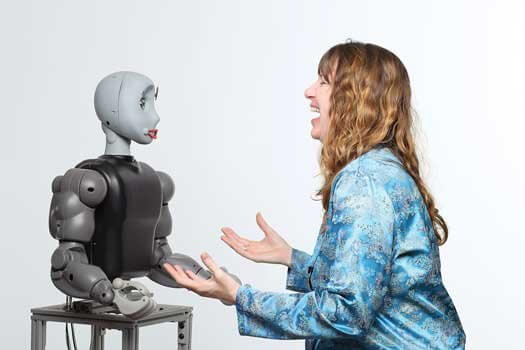By BMD Staff
January 2016
The female professors on this list are some of the most impressive and innovative in the United States. They have been chosen and ranked based upon their individual successes in their respective fields, including politics, robotics, mechanical engineering, literature, and law, to name but a few. They all embody the term "innovative" as defined as something "featuring new methods." Each woman on this list has done something new and different in her field. Projects, awards and honors, publications, job titles, and their tireless efforts in their professions have been considered as well.
30. Jesmyn Ward
Tulane University
Jesmyn Ward may be one of Tulane University's newest associate professors, but she is easily one of the most impressive innovative professors in the country. A writer, Ward gained widespread recognition with the publication of her second novel, "Salvage the Bones," about Hurricane Katrina. The novel was first awarded the 2011 National Book Award for Fiction, followed closely by the 2012 Alex Award. In 2013, Ward released a memoir entitled "Men We Reaped." Though she began her teaching career in various roles at University of South Alabama, Stanford University, and University of Mississippi, she joined the Tulane faculty in 2014.
29. Sarah Bergbreiter
University of Maryland
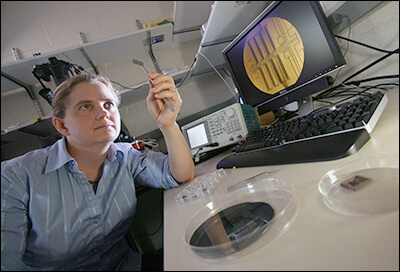
Sarah Bergbreiter teaches at the University of Maryland, where she also runs the Maryland Microrobotics Laboratory. She has dedicated her career to developing innovative technologies to advance medicine — specifically grain-of-rice-sized robots capable of overcoming obstacles up to 80 times their height. Bergbreiter's career is only in its beginning stages, yet the young scientist has already given a TED talk and received a number of awards, including the DARPA Young Faculty Award (2008) and the Presidential Early Career Award for Scientists (2013).
28. Laura Carstensen
Stanford University
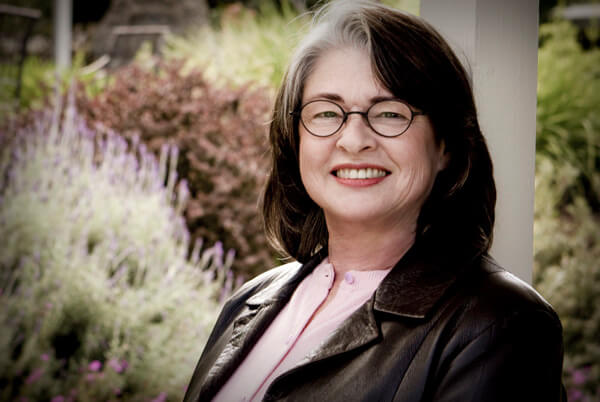
Laura Carstensen is the Fairleigh S. Dickinson Jr. Professor in Public Policy and a professor of Psychology at Stanford University. She is also the Founding Director of the Stanford Center on Longevity, which explores innovative ways to improve the well-being of people of all ages and to solve the problems of those over 50. Carstensen works closely with her students and colleagues on research subjects such as life-span theory and socioemotional selectivity theory. Her important work has been rewarded with a number of awards, including a Guggenheim Fellowship and the Kleemeier Award from the Gerontological Society of America.
27. Frances Fox Piven
City University of New York
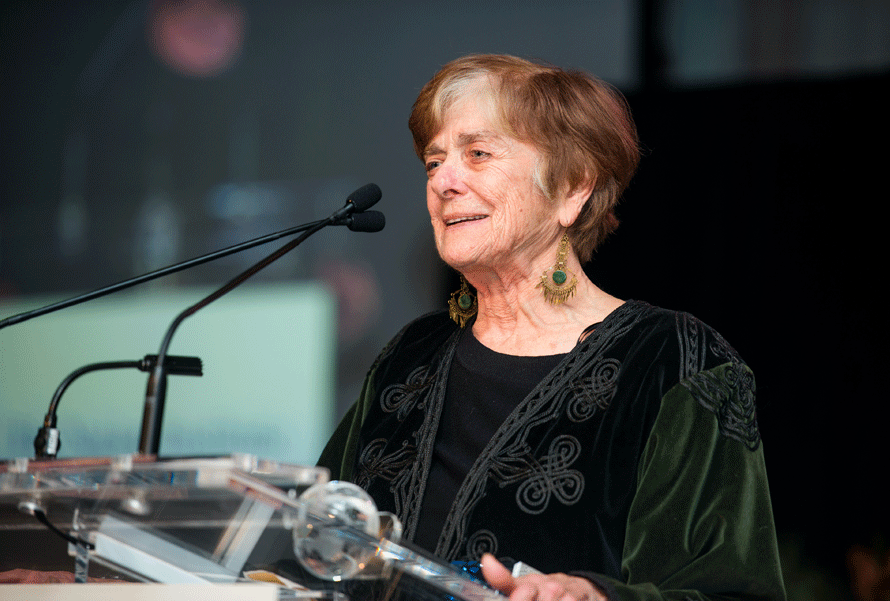
Frances Fox Piven is a long-time professor of Political Science and Sociology in the Graduate Center of City University of New York. She has dedicated her career to the fields of social theory and social activism, though her contributions have made her celebrated for some and controversial for others. Over the years, Fox Piven has been associated with such organizations as the ACLU, the Democratic Socialists of America, the American Political Science Association, and the Society for the Study of Social Problems.
26. Geraldine Seydoux
Johns Hopkins University
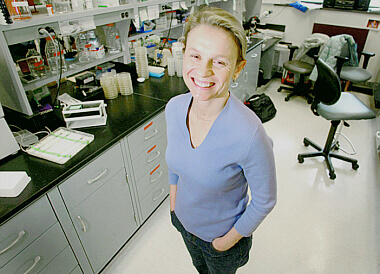
Geraldine Seydoux is a professor of Molecular Biology and Genetics at Johns Hopkins University and an investigator at Howard Hughes Medical Institute. In the Seydoux Lab, Seydoux uses the "Caenorhabitis elegans" to decipher the earliest stages of development, when germ cells that become reproductive tissues first form. According to Seydoux herself, such research is an important stepping stone to understanding everything from infertility to stem cells. Seydoux has been the recipient of the MacArthur Fellows Program (2001), the Searle Scholar award (2009), and the Kirsch Investigator award (2001).
25. Deirdre McCloskey
University of Illinois at Chicago
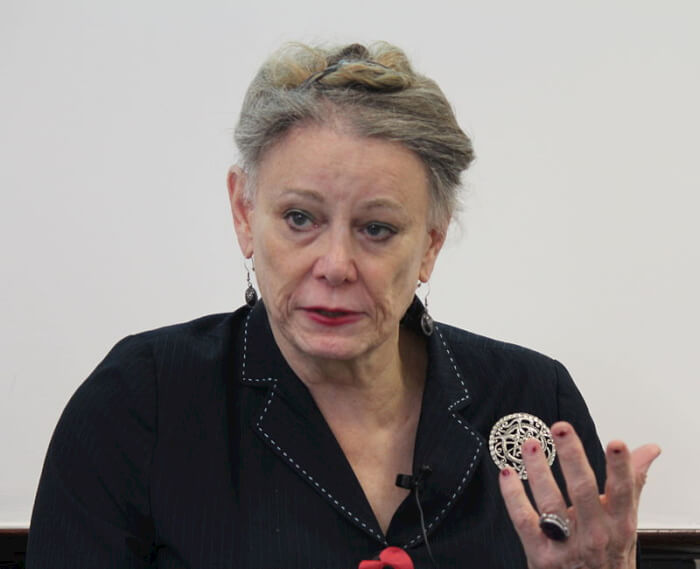
Deirdre McCloskey is both a Distinguished Professor of Economics, History, English, and Communication, and an Adjunct Professor of Philosophy and Classics at the University of Illinois at Chicago. McCloskey's main research interests — and thus her teachings and writings — include the origins of the modern world, the misuse of statistical significance in economics, and the study of capitalism. She has published more than twenty books (and even more articles), and her work has been rewarded with six honorary doctorates and the Julian L. Simon Memorial Award from the Competitive Enterprise Institute. Interestingly, Deirdre, who was born Donald, transitioned from male to female in 1995 at the age of 53.
24. Judith Butler
University of California, Berkeley
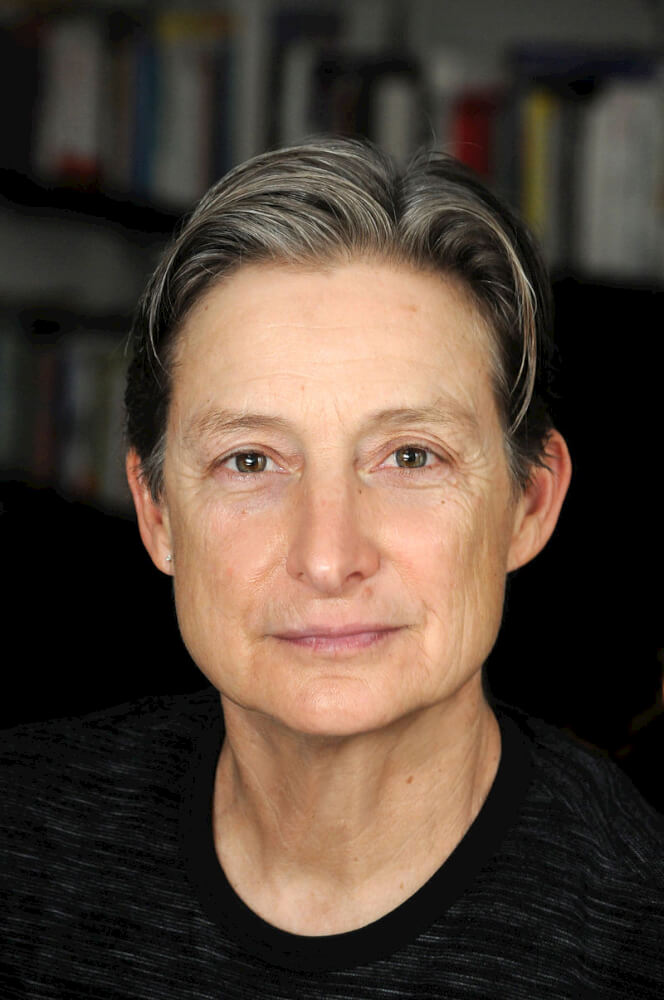
Judith Butler is the Maxine Elliot Professor at UC Berkeley's Department of Comparative Literature and the Program of Critical Theory. Her work in philosophy and gender theory is widely known, and has influenced political philosophy, ethics, and the fields of feminist, queer, and literary theory. Butler has authored a number of books on these topics, though her best known is likely "Gender Trouble: Feminism and the Subversion of Identity," which challenges the notion of gender and supports Butler's theory of "gender performativity." Raised in Judaism, Butler has also proven a leading voice in vocal criticism of Israeli politics, asserting that Israel does not represent all Jews or Jewish opinion.
23. Lisa Randall
Harvard University
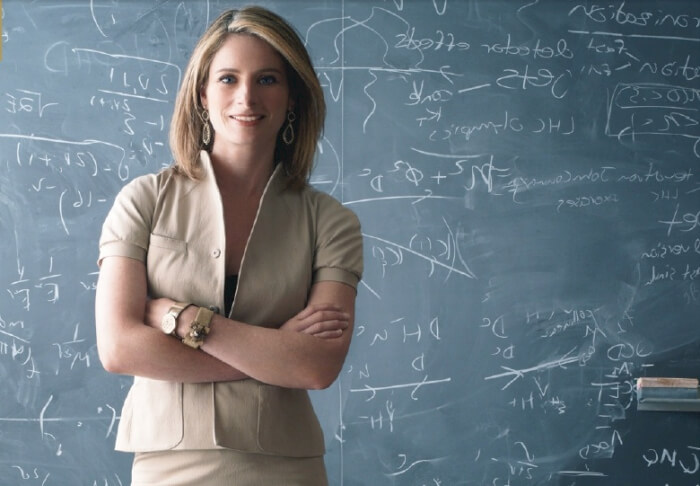
Lisa Randall is a leading expert on particle physics, and is the Frank B. Baird, Jr. Professor of Science at Harvard. Much of her career has been spent researching elementary particles and fundamental forces, and she has developed a wide variety of models dealing with extra dimensions of space. Under Randall's careful guidance, the understanding of such things as supersymmetry, the Standard Model, and dark matter has been dramatically improved. Randall has written extensively on her research, and her books "Warped Passages: Unraveling the Mysteries of the Universe's Hidden Dimensions" and "Knocking on Heaven's Door: How Physics and Scientific Thinking Illuminate the Universe and the Modern World" have both appeared on the New York Times' list of 100 notable books.
22. Kathleen Howell
Purdue University
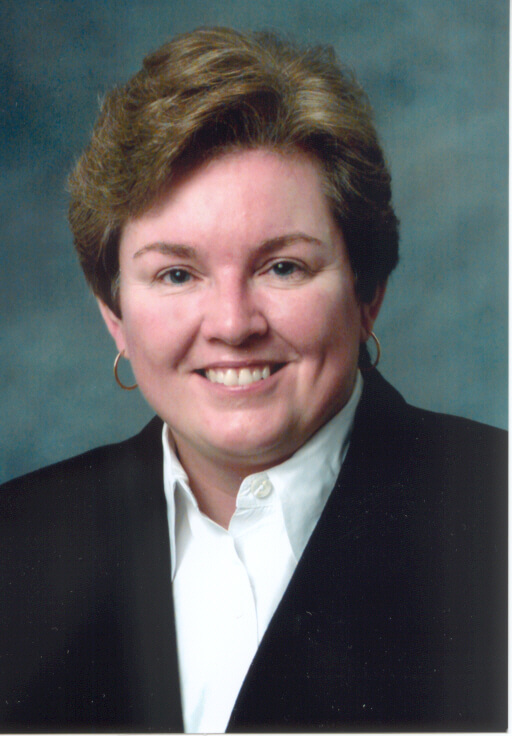
Kathleen Howell is an innovative professor of Aeronautical and Astronautical Engineering at Purdue. She has made waves in recent years for an efficient technique she developed that challenges the more traditional method of getting spacecraft to their destination. Rather than the brute force and tons of fuel that NASA currently relies on to power spacecraft, Howell has found a way to use the unseen free energy of the solar system. Says Howell, "The gravity fields of the system's different objects create natural pathways that a spacecraft can follow." Howell's work has been rewarded with the Presidential Young Investigator Award (1984) and the Dirk Brouwer Award from the American Astronautical Society (2004).
21. Amy Cuddy
Harvard University
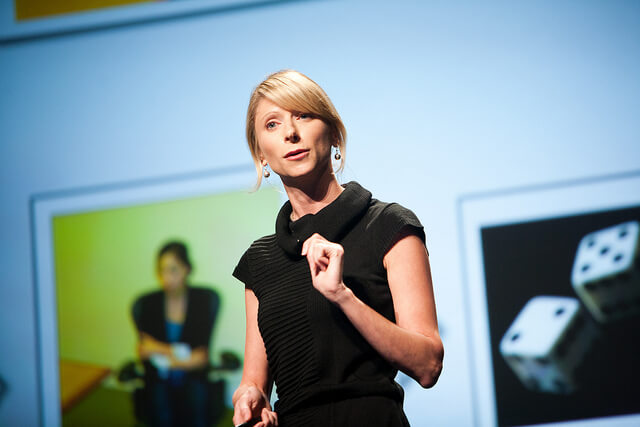
Amy Cuddy is an associate professor of Business Administration at Harvard. A social psychologist, Cuddy has proven herself a leader in her field through her research on the origins and outcomes of how people influence each other. She has spoken and written extensively on such topics as stereotyping and discrimination, nonverbal behavior, and the effects of social stimuli on hormone levels. In fact, she delivered a TED talk at TEDGlobal 2012 which has since been viewed more than 27 million times. In addition to being named one of Time Magazines's 2012 "Game Changers," Cuddy has been awarded more than ten other prestigious honors in both psychology and business.
20. Susan Lindquist
MIT
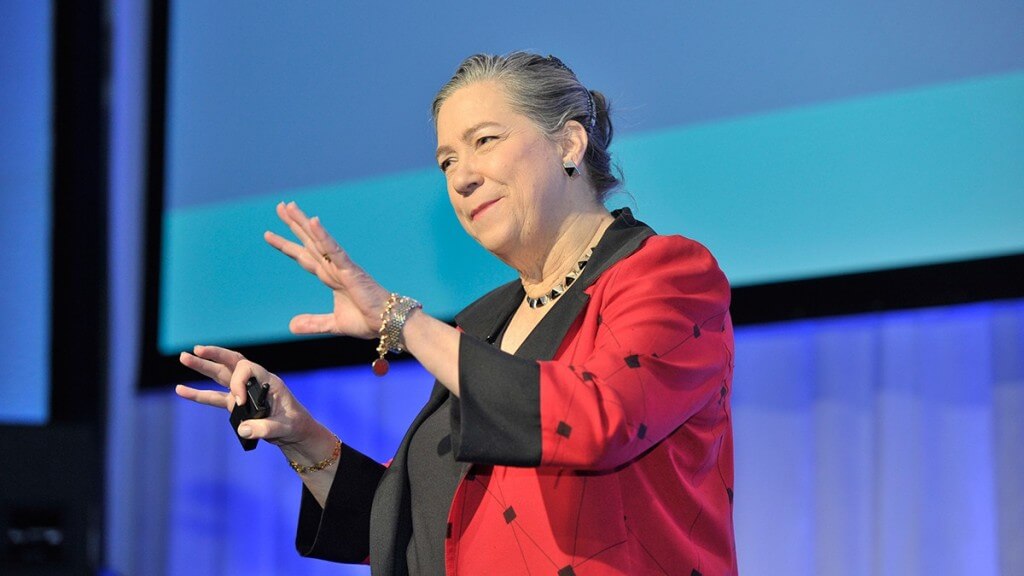
Susan Lindquist is a professor of Biology at Massachusetts Institute of Technology. She specializes in molecular biology and is an expert in "protein folding," the process by which a protein chain acquires its particular 3-dimensional structure. Lindquist's work has been incredibly important to the field of DNA, and has provided a biochemical framework for understanding such biological mysteries as Alzheimer's Disease and Creutzfeldt-Jakob Disease, among others. She has published a number of a noteworthy articles, and has received more than 15 impressive awards and honors.
19. Cynthia Breazeal
MIT
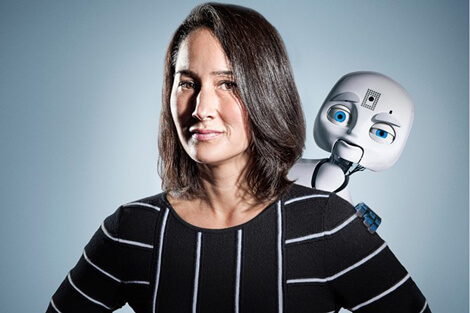
Cynthia Breazeal is an associate professor of Media Arts and Sciences at MIT, where she also acts as Director of the Personal Robots Group. In fact, Breazeal has established herself as a leading expert in the progressive field of personal robots. She is responsible for some of the most famous robotic creations, ranging from small hexapod robots to highly expressive humanoid robots to robotic characters. Most recently, Breazeal has been working on the use of social robots to improve general quality of life.
18. Fiona Stanley
University of Western Australia
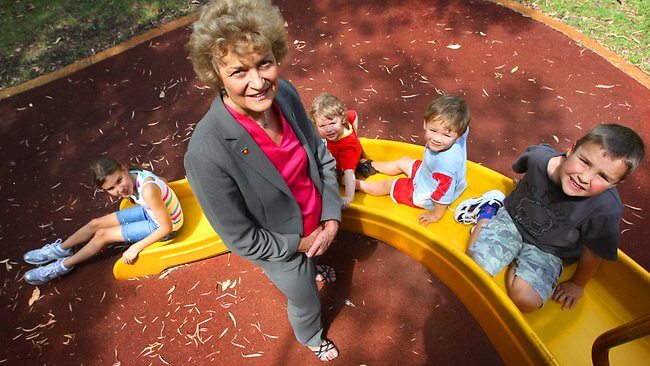
Inspired by her father, who was a researcher on polio, and a meeting with Jonas Salk, Fiona Stanley always knew that she wanted a career studying disease and epidemics. Today, Stanley is a professor in the School of Paediatrics and Child Health at the University of Western Australia. But even more impressively, Stanley has established herself as a leading epidemiologist especially noted for her public health work and research into child and maternal health, birth disorders, and cerebral palsy. In recognition of her incredible work, Stanley was named Australian of the Year in 2003, while Fiona Stanley Hospital officially opened in October 2014.
17. Radhika Nagpal
Harvard University
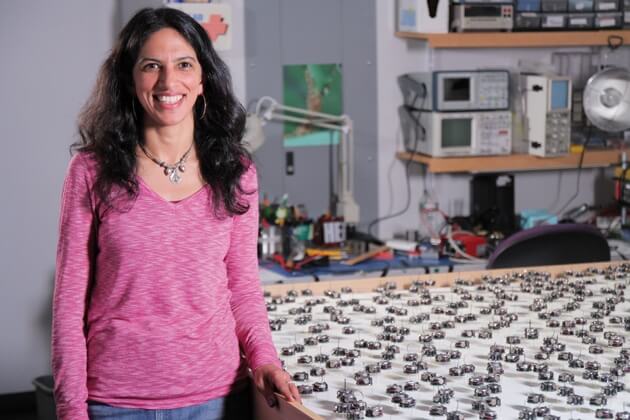
While you probably think of a colony of ants as an annoying pest problem, Harvard Professor of Computer Science Radhika Nagpal sees a colony of ants — or termites — and sees something inspiring. The self-organized systems in nature have long inspired Nagpal's work with multi-agent systems in the field of robotics. Specifically, she has worked to design robot swarms capable of building complex structures, assembling into any shape necessary, or even pollinating fields. Recently, Nagpal has shifted her focus slightly to the study of self-organization in biology, specifically how cells and insects cooperate to achieve complex tasks.
16. Elizabeth Helen Blackburn
University of California, San Francisco
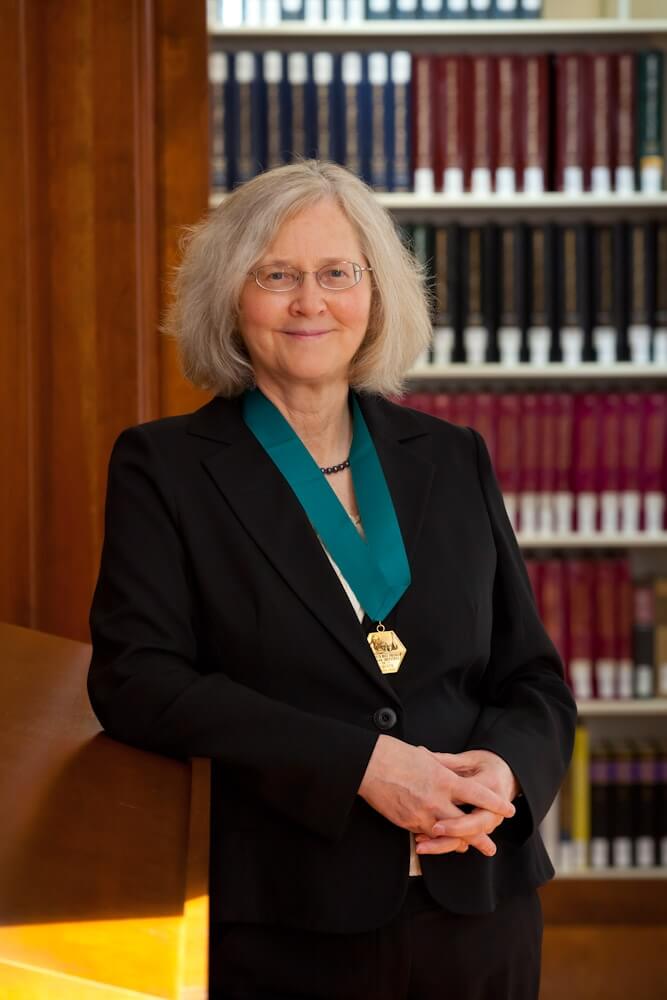
Tasmanian-born Elizabeth Helen Blackburn is a professor and researcher at the University of California, San Francisco. Blackburn is best known for co-discovering telomerase, the enzyme that replenishes the structure that protects a chromosome. In recognition of this ground-breaking discovery, Blackburn was awarded the 2009 Nobel Prize in Physiology or Medicine. Blackburn has served as president of the American Association for Cancer Research, and is currently the President of the Salk Institute for Biological Studies.
15. Missy Cummings
Duke University
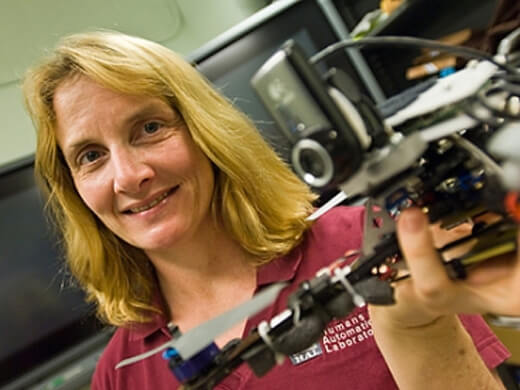
After spending eleven years in the Navy, where she was one of the first female fighter pilots, Missy Cummings has enjoyed a successful career as a professor at some of the most cutting edge universities. She began her career as an instructor for the U.S. Navy at Penn State before ultimately ending up as an associate professor of Aeronautics and Astronautics at MIT. Currently, she is an associate professor in Duke University's Department of Mechanical Engineering and Materials Science. While at Duke, Cummings has been able to continue her research of human interaction with autonomous vehicle systems, decision support, human-computer interaction, and the ethical and social impact of technology.
14. Robin Murphy
Texas A&M University
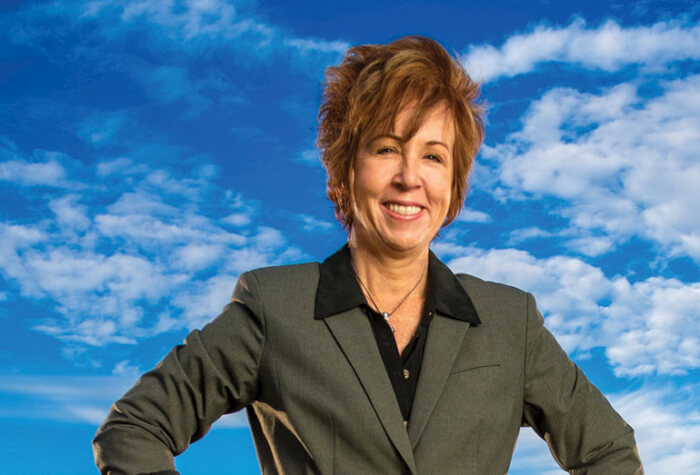
Robin Murphy, the Raytheon Professor of Computer Science and Engineering at Texas A&M University, studies the relationship between humans and robots. In fact, she practically pioneered the concept of rescue robotics. Murphy's aerial and ground robots have been used to assist rescue crews in such disasters as the World Trade Center attacks, Hurricane Katrina, Hurricane Charley, and the Crandall Utah mine collapse. Currently, Murphy is leading an initiative in emergency informatics, which would make progress in the way valuable data travels from robot to decision maker.
13. Sarah Boysen
The Ohio State University
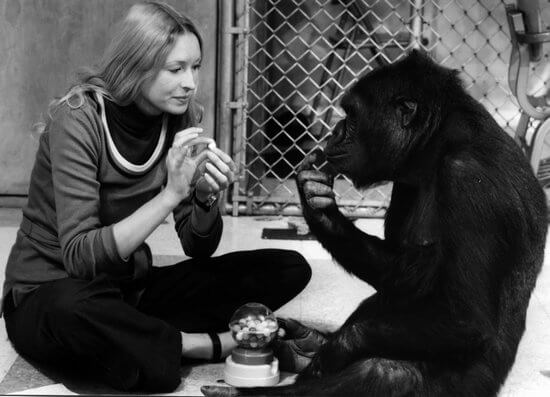
As a Professor of Psychology at The Ohio State University, Sarah Boysen has spent years studying her colony of 11 chimpanzees. Over the years, Boysen has become fascinated by the chimps' abilities to add, subtract, understand fractions, associate Arabic numerals with the quantities they represent, and generally think for themselves. As Boysen has stated in her numerous interviews and published papers, "We attribute to the human mind the ability to put information together in novel and innovative ways, but there are other minds on the planet that can spontaneously create new ways to process information and solve problems."
12. Dava Newman
MIT
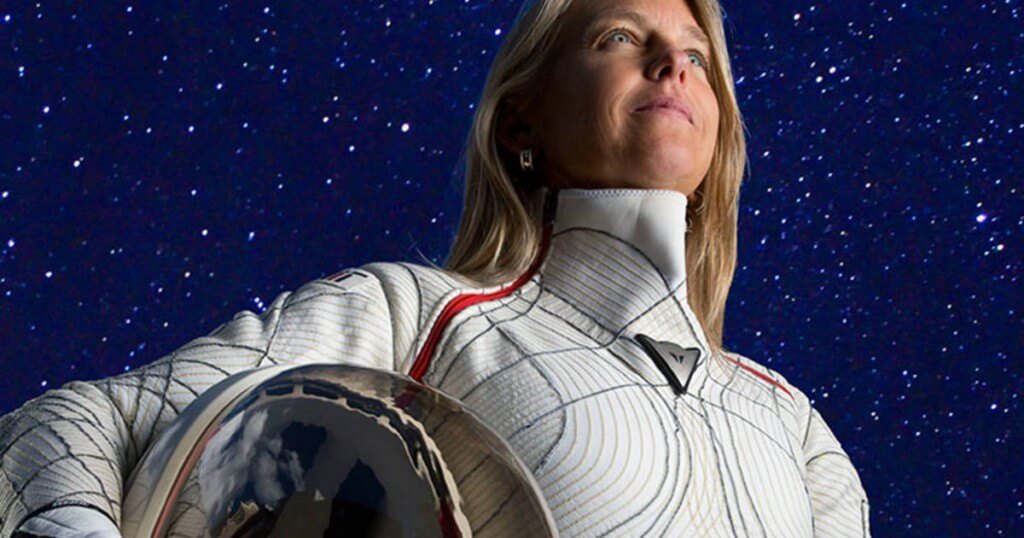
Dava Newman is like a real-life version of a heroine in a science fiction book. She is a professor of Aeronautics, Astronautics, and Engineering Systems at MIT, and is best known for helping to further develop and promote the Bio-Suit, a space activity suit originally developed in the 1950s that is designed to help astronauts move around more easily than traditional gas-filled suits. As if that weren't cool enough, Newman was also unanimously approved by Congress in 2015 to become Deputy Administrator of NASA.
11. Sangeeta Bhatia
MIT
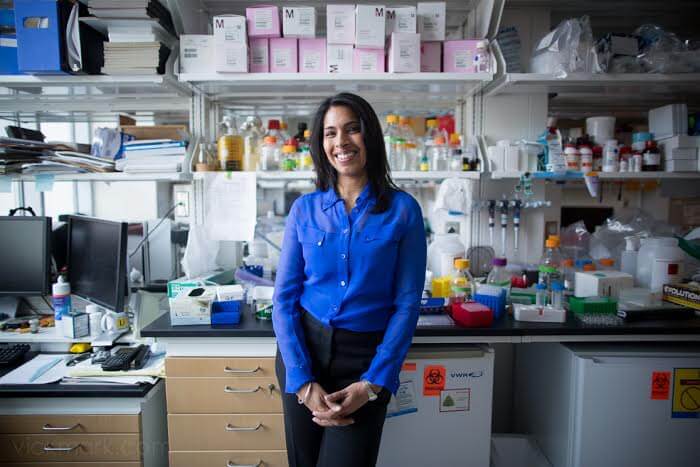
Dr. Sangeeta Bhatia has proven herself a powerhouse in the field of biomedical engineering. Currently, Bhatia is a professor at Massachusetts Institute of Technology, where she researches micro- and nano-technology for use in the repair and regeneration of human tissues. In 2003, Bhatia was declared one of the top 100 innovators in the world under the age of 35 by the prestigious MIT Technology Review TR100. More recently, she was named a "Scientist to Watch" by The Scientist and a Howard Hughes Medical Institute Investigator.
10. Mary-Claire King
University of Washington
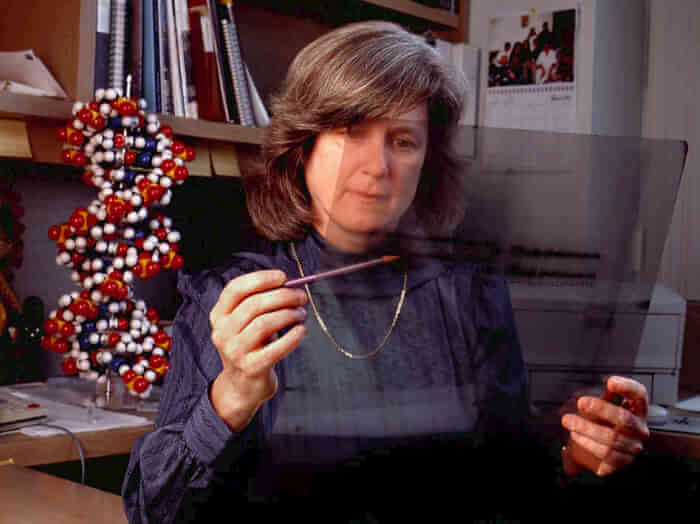
Professor of Medicine and Genetics at University of Washington, Mary-Claire King has spent her career making profound discoveries using human genetics. As a graduate student, before her teaching career, King earned the respect of her field when she proved that humans and chimpanzees are 99 percent genetically alike. Since then, she has proven that breast cancer can be inherited, used genetic sequencing to reunite kidnapped Argentinean children with their families, and used genetic sequencing to identify the remains of Americans missing in action and the victims of war crimes throughout the world.
9. Rosalind Picard
MIT
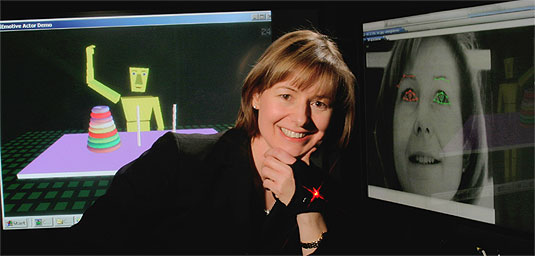
Rosalind Picard is the innovative professor behind "affective computing," a new field which deals with the importance of emotion in intelligence and the possible effects of emotion recognition by robots and wearable computers. Picard's groundbreaking work has led to advancements in autism research and the development of devices to help humans recognize the minutiae of human emotion. Picard is Professor of Media Arts and Sciences at MIT, though she is also the founder and director of Affective Computing Research Group at MIT, co-director of Things That Think Consortium, and co-founder of the start-ups Affectiva and Empatica.
8. Andrea Ghez
University of California, Los Angeles
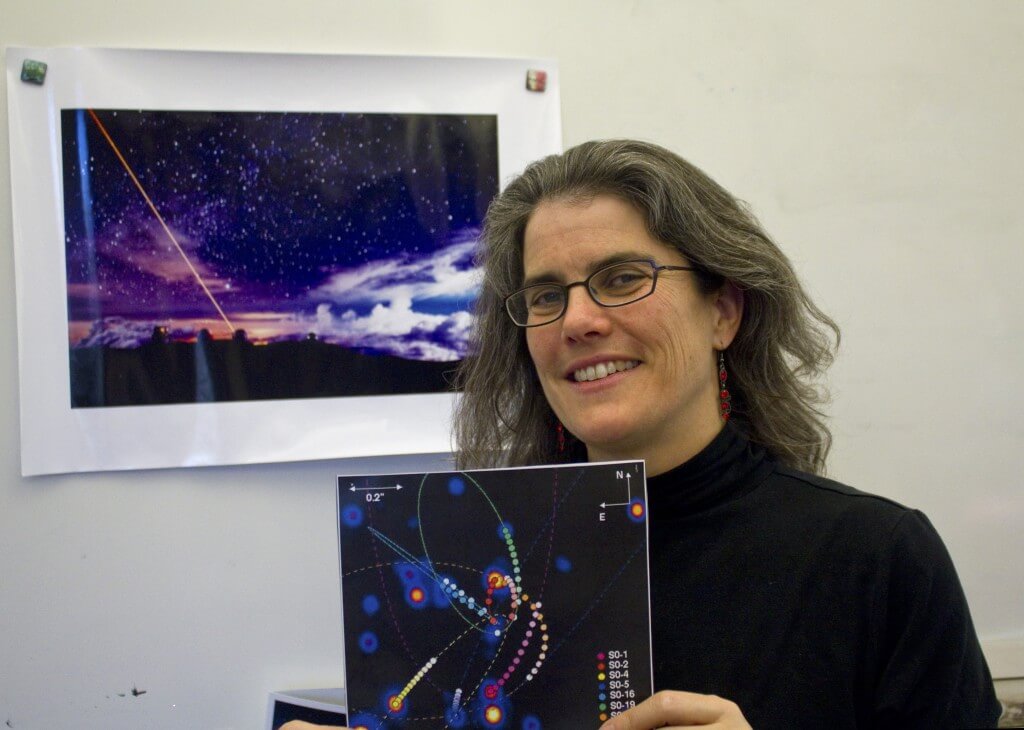
Innovative astronomer Andrea Ghez is a professor in the Department of Physics and Astronomy at UCLA. Her career has been defined by her work with the Galactic Center, the rotational center of the Milky Way galaxy. Specifically, Ghez and her team (which includes some research students) have successfully used infrared wavelengths to peer through the heavy dust that blocks visible light. This has made it possible to follow the orbits of various stars, though several more decades of research will be needed to fully document these orbits. Ghez has been the recipient of a number of awards, including the Annie J. Cannon Award in Astronomy, the Packard Fellowship award, the MacArthur Fellowship, the Crafood Prize in Astronomy, and many more. Additionally, Discover Magazine named Ghez one of the top 20 scientists in the U.S.
7. Barbara Harbach
University of Missouri–St. Louis
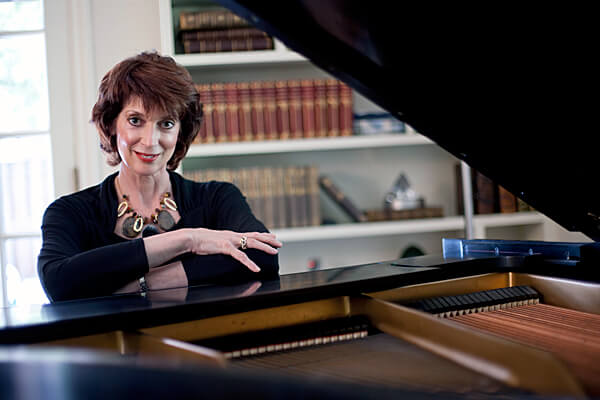
Not only is Barbara Harbach an acclaimed composer, harpsichordist, and organist, but she is also a Professor of Music at University of Missouri–St. Louis. In addition to teaching, Harbach has had a positive impact on the local music world. She founded "Women in the Arts" in order to highlight women's work and gain more performances for female musicians and composers in the St. Louis region. She also publishes music by underrepresented composers through Vivace Press, and edits the journal "Women of Note Quarterly," which she co-founded. As a composer, much of Harbach's work has been recorded, and has received three major classical music awards.
6. Lixia Zhang
University of California, Los Angeles
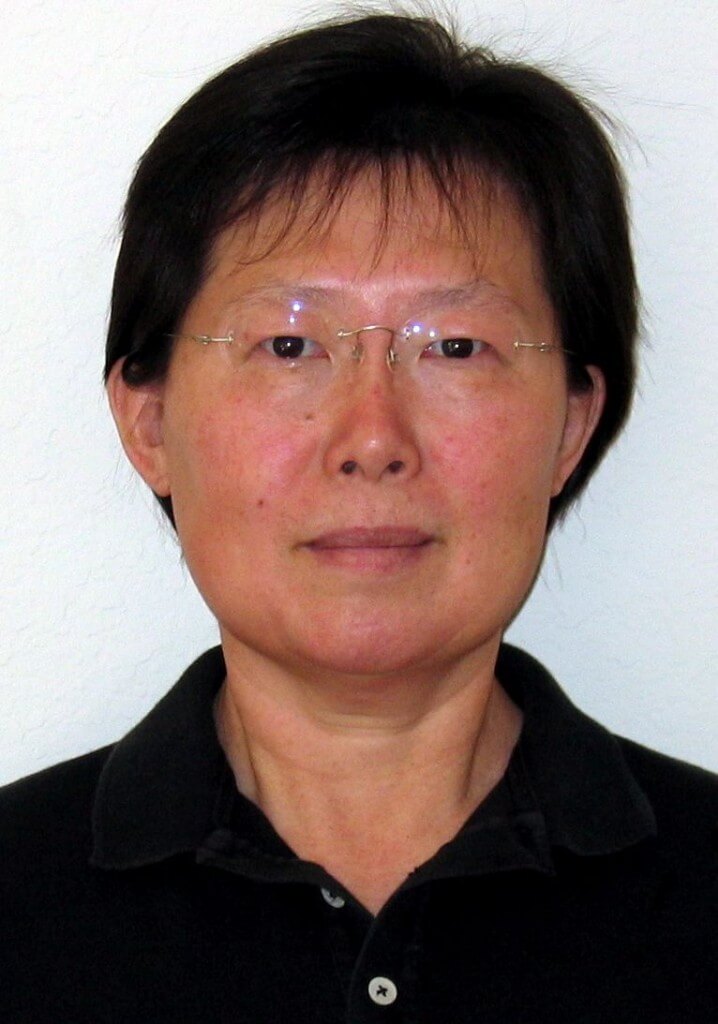
Lixia Zhang is the Jonathan B. Postel Professor of Computer Science at UCLA. Put most simply, Zhang is a legend in the field of computer networking. In addition to being a general expert, she helped to found the Internet Engineering Task Force, designed the Resource Reservation Protocol, coined the term "middlebox" (referring to a computer networking device that performs non-traditional functions), and pioneered the development of named data networking. Zhang has been honored with a number of awards, though the most fascinating honor came in 2014, when her picture appeared on the four of diamonds in a pack of playing cards featuring 54 notable women in technology.
5. Maja Mataric
University of Southern California
Yugoslavian-born Maja Mataric is the Chan Soon-Shiong Chaired Professor of Computer Science, Neuroscience, and Pediatrics at University of Southern California. She leads the innovative new field of "socially assistive robotics," which focuses on creating robots capable of providing personalized therapy and care through social, as opposed to physical, interaction. Such an innovation is an important accomplishment in the world of robotics, because Mataric's work is aimed at the elderly, stroke patients, autistic children, and other pockets of the population in need of convalescence, rehabilitation, skills training, and education. Not surprisingly, Mataric has received a number of honors for her work, including the 2009 Presidential Award for Excellence in Science, Mathematics & Engineering Mentoring. She was also featured in the Emmy Award-winning documentary Me & Isaac Newton.
4. Deborah Rhode
Stanford University
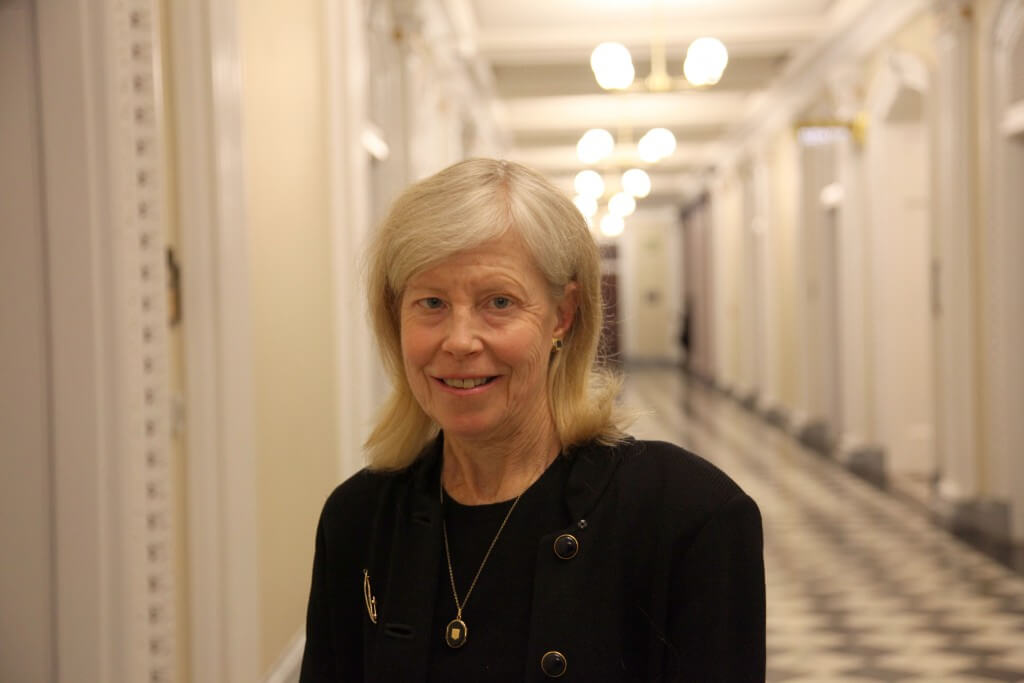
For students interested in law, Stanford's Deborah Rhode might just be the professor of a lifetime. Not only is Rhode the Ernest W. McFarland Professor of Law, the director of the Center on the Legal Profession, and the director of the Program in Law and Social Entrepreneurship, but she is also the most frequently cited scholar on legal ethics. The number of accomplishments listed on Rhode's resume is massive, and includes the White House's Champion of Change Award and various awards from the American Bar Association. She teaches classes on a variety of legal subjects, including Prosecutorial Ethics, Access to Justice, and Public Interest Law, among others.
3. Kathy Reichs
University of North Carolina at Charlotte
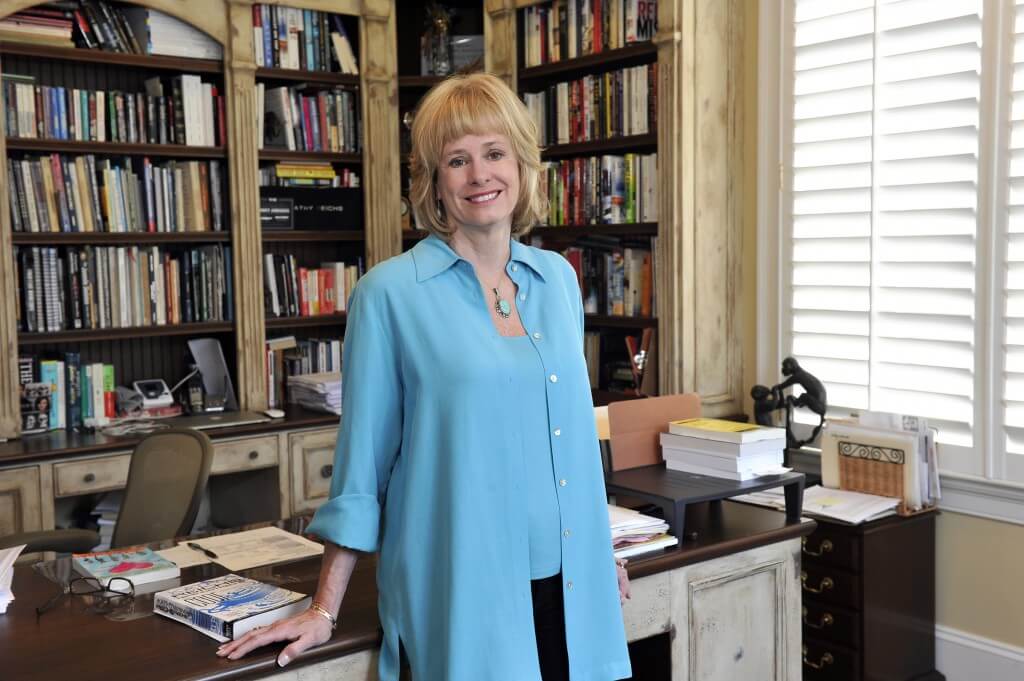
Any fans of the hit television show "Bones" or the bestselling Temperance Brennan crime novels will likely be familiar with the name Kathy Reichs. But Reichs, who is a professor of Anthropology at the University of North Carolina at Charlotte, is much more impressive than even a bestselling author and television producer. When she is not teaching at UNC, Reichs works with the Laboratoire des Science Judiciaires et de Medecine Legale for the province of Quebec. She is also one of only 82 forensic anthropologists certified by the American Board of Forensic Anthropology and serves on the board of the American Academy of Forensic Sciences. Interestingly, Reichs served as an expert witness in the Casey Anthony murder trial, during which she concluded that there was no evidence of abuse towards Caylee Anthony.
2. Temple Grandin
Colorado State University
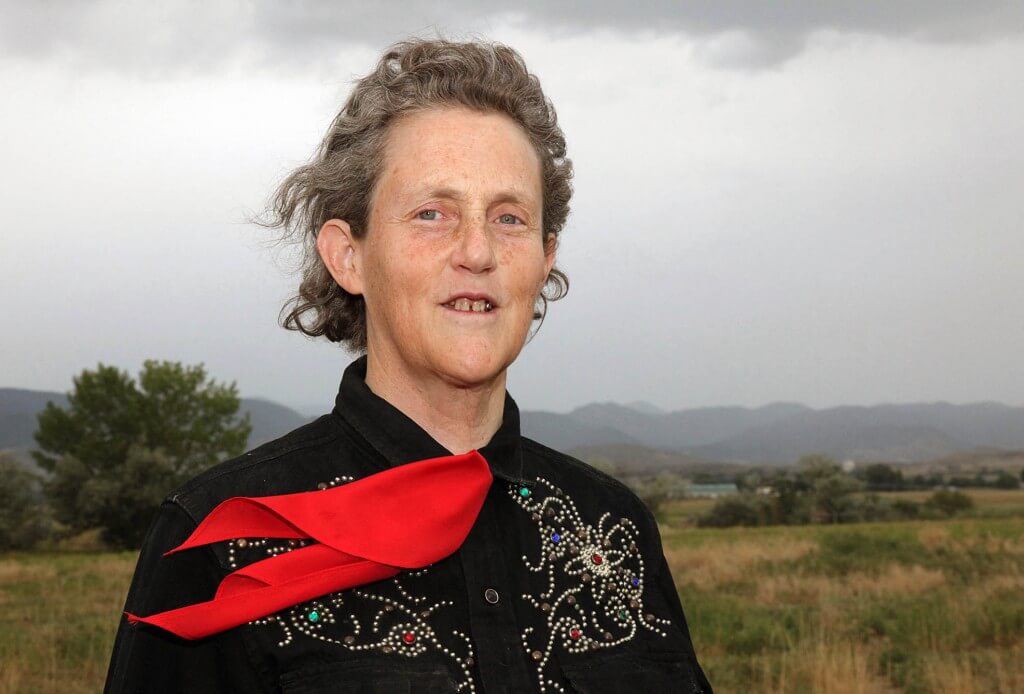
There are so many things for which Temple Grandin is well known: as a role model for others with autism, as a bestselling author, as the subject of a hit miniseries starring Claire Danes, and as an activist for livestock animals. However, she is also a professor of animal science at Colorado State University. In 2010, Grandin, who is also a public lecturer, was named by Time Magazine as one of the hundred most influential people in the world. Other honors over a long and successful career have included a Double Helix Medal; honorary degrees from Carnegie Mellon, McGill University, and the Swedish University of Agricultural Sciences; an Honorary Fellowship at the Society for Technical Communication; and a TED Talk; among others.
1. Condoleezza Rice
Stanford University

Not every Political Science major is fortunate enough to study under a former Secretary of State, but such a unique experience is possible for those at Stanford University. After serving four years as the U.S. National Security Advisor and four years as the 66th U.S. Secretary of State, both of which were served under President George W. Bush, Rice returned to Stanford as a professor in 2009. The next year, she expanded her role to include a professorship in the Stanford Graduate School of Business and the job of director of its Global Center for Business and the Economy. In addition to teaching, Rice is able to continue her scholarly work as a Senior Fellow on Public Policy at the Hoover Institution.

